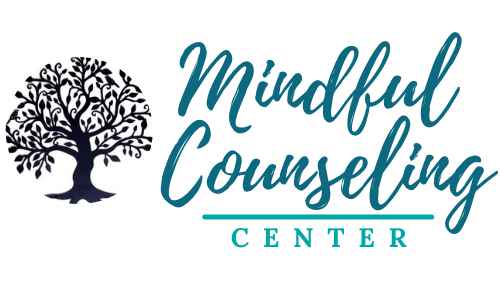Power of The Pause

In yesterday’s blog, we talked about the value of taking a mental pause after a disruptive event, thought or feeling. The point of pausing is to notice when something is throwing you off-balance, and then grounding yourself in the present moment in your body. This act can allow your mind to start rebalancing, instead of sinking into anxiety, depression, self-recrimination and other negative states.
I’m picturing a surfer riding a rough wave, feeling excited, assured and scared. Holding onto the board for dear life, maybe even falling off and into the wave. But then buoying up and reaching for the board, climbing back on, finding stability again. Resting for a moment in the steadiness before riding the next wave … and the next and the next.
Let’s consider an example of how pausing might work. Imagine that you are mentally castigating yourself after forgetting to pay a credit card bill on time (calling yourself stupid, being angry about having to pay a late charge, being worried that your credit rating is going to be lowered, etc.). At some point, you become aware that your inner critic and worrier are figuratively high fiving each other, pleased to have the opportunity to create chaos in your head. Whoa! You have a busy day ahead and need a positive outlook. This is where pausing can come in handy. You take a series of slow, deep breaths and pay attention to how the breath feels coming into your body and going out. You attend to how the slow, deep breathing relaxes you, soothes you. When your mind drifts (and it will); you just begin again. You might take a few seconds to note the colors of the day out of your window, listen to the sounds around you and sense how you feel as your body comes into contact with external surfaces (the back of your chair, the floor, your hands on the coffee mug, etc.). You may notice other bodily sensations (tension in the shoulders, tightness in your legs, headache, full belly, etc.). There is no need to judge those feelings; you just observe them. With practice, the few minutes you spend pausing can anchor you in the present, aid you in accepting the unbalancing thoughts and feelings for what they are (just passing, impermanent states of mind) and help you not be so overwhelmed or immobilized by them.
It may be difficult to persist in the practice of pausing if it is not effective at first in helping you mentally rebalance and avoid negative spirals. We encourage you to hang in there! It helps to view learning to pause as a process to be customized to your own needs, rather than as something that either works or doesn’t for you. We are all capable of mentally pausing. But it requires keeping at the practice and periodically re-evaluating and tweaking your specific strategies.
Of course, other self-care activities can supplement the practice of pausing, to bring you more into balance. We will discuss this further in our upcoming blog series on self-care.
If you want help customizing your practice of pausing and other self-care activities to your circumstances, please reach out to the Mindful Counseling Center at 609-377-5859 or via mindful-counseling-center.com.
Article and Image by Kristin Littel
